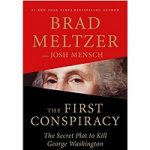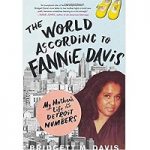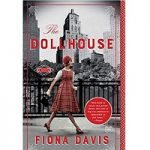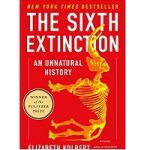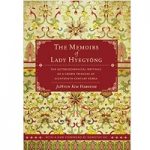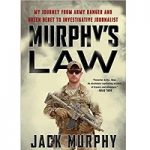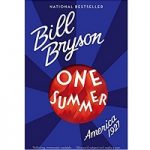How to Write a History Book Review: Expert Tips
Each year, American publishers put out more than 300,000 titles, while an additional 2.7 million are self-published. Internationally, those numbers expand tenfold. Yet, the average number of books that individuals read each year continues to fall. Even the best-read people in the world can’t get through more than a couple of hundred of the millions of titles published each year, even if they read nothing but new releases. Therefore, readers want to know how to pick the best books from a growing list of titles demanding their attention. That’s one reason that book reviews remain an essential part of the literary ecosystem.

In the field of history, a book review is an essential tool for determining which new releases are worth reading to learn something new about the history and which are not worth your time. As a reviewer of history, you need to learn the right way to evaluate a book so your audience can use your review to determine whether the book is right for them.
In this article, we’ll take a look at some of the ins and outs of reviewing a history book so you can produce reviews that are more effective, more useful, and get read.
First things first: Read the Book
It might seem obvious, but the first thing you need to do when reviewing a history book is to actually read the book. Surprisingly, a large number of reviewers don’t actually read the book the whole way through. Martin Gardner, the famous science writer, used to read the index of a new book first. If the index didn’t list enough of the topics he thought should be in the book, he would give it a negative review without reading it. Similarly, some reviewers select only random chapters and read those, basing their evaluations on whether they felt that the chapters met their expectations.
While these techniques might help you review more books faster, they aren’t fair to the book and can lead you to make a number of mistakes that will impact the quality of the book. Most indexes, for example, aren’t compiled by the author, and the indexer might not understand the subject well enough to represent it the way an expert might. Choosing a random chapter might not be representative of the whole book. Indeed, in cases of narrative nonfiction approaches to history, you might miss important connecting threads or background information if you don’t read the book from beginning to end.
It’s important to carefully consider the book as a whole in order to understand the author’s thesis and argument, as well as all of the supporting details that make up the book.
What It’s About vs. How It Is About It
When you review a book, there are two main factors to consider. First is the question of what the book is about. The second is the question of how successfully the author writes about it.
The first question is the easier of the two to explore, and most reviews stop with it. You need to tell your reader what the book is about and discuss the main argument and the main lines of evidence that the writer has used to support the argument. This is where you give a brief summary of the book and evaluate the author’s use of evidence and sources. You might, for example, review the end notes and talk about whether the author relied on primary sources, secondary sources, or had inadequate references. You might also review the argument and point out whether historical evidence not considered in the book either supports or refutes the author’s thesis.
The second question, however, is where many reviewers stumble. Your review should also tell the reader whether the book has literary merit. Is it fun to read? Is the prose elegant? Is it organized logically and effectively with clear transitions, efficient connections between chapters, and a tone that is inviting? Is the book interesting?
The reason this question throws so many reviewers is that the two questions don’t necessarily move in lockstep. A book can be filled with useful and important information and an original argument but also be difficult or unpleasant to read. A book might be written in witty, crystalline prose and yet have a completely wrongheaded argument. It’s your job as the reviewer to explain to the reader whether a book is good because of its information, its writing, or both.
Evaluate the Historiography in the Book
Finally, it’s important to evaluate the historiography of the book under consideration. What contribution does the book make to the field of history? If a book merely restates what has already been written about and discussed, it may not be an essential title for readers to add to their long list of reading material. If a book relies on outdated sources or misrepresents facts and information, then it is unlikely to be a worthy addition as well. Tell the reader whether the book is academically sound.
And if you need help at any point during the history book review process, you can always use a service like WriteMyPaperHub.com to pay someone for professional writing help. If you are ready to say “I need someone to write my book review,” you can rely on professional writing help to take a book review assignment and turn it into a custom-written review that you can make your own.

